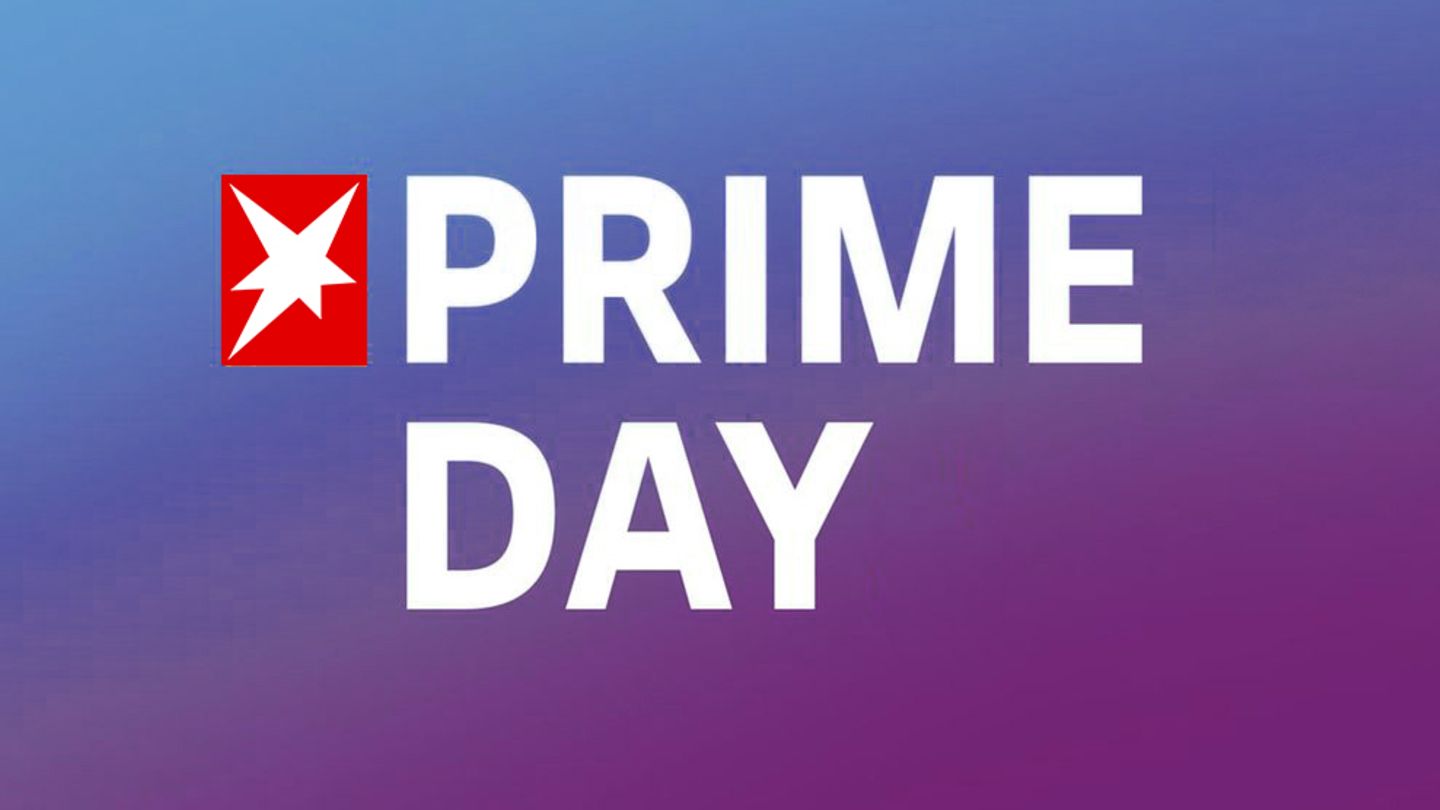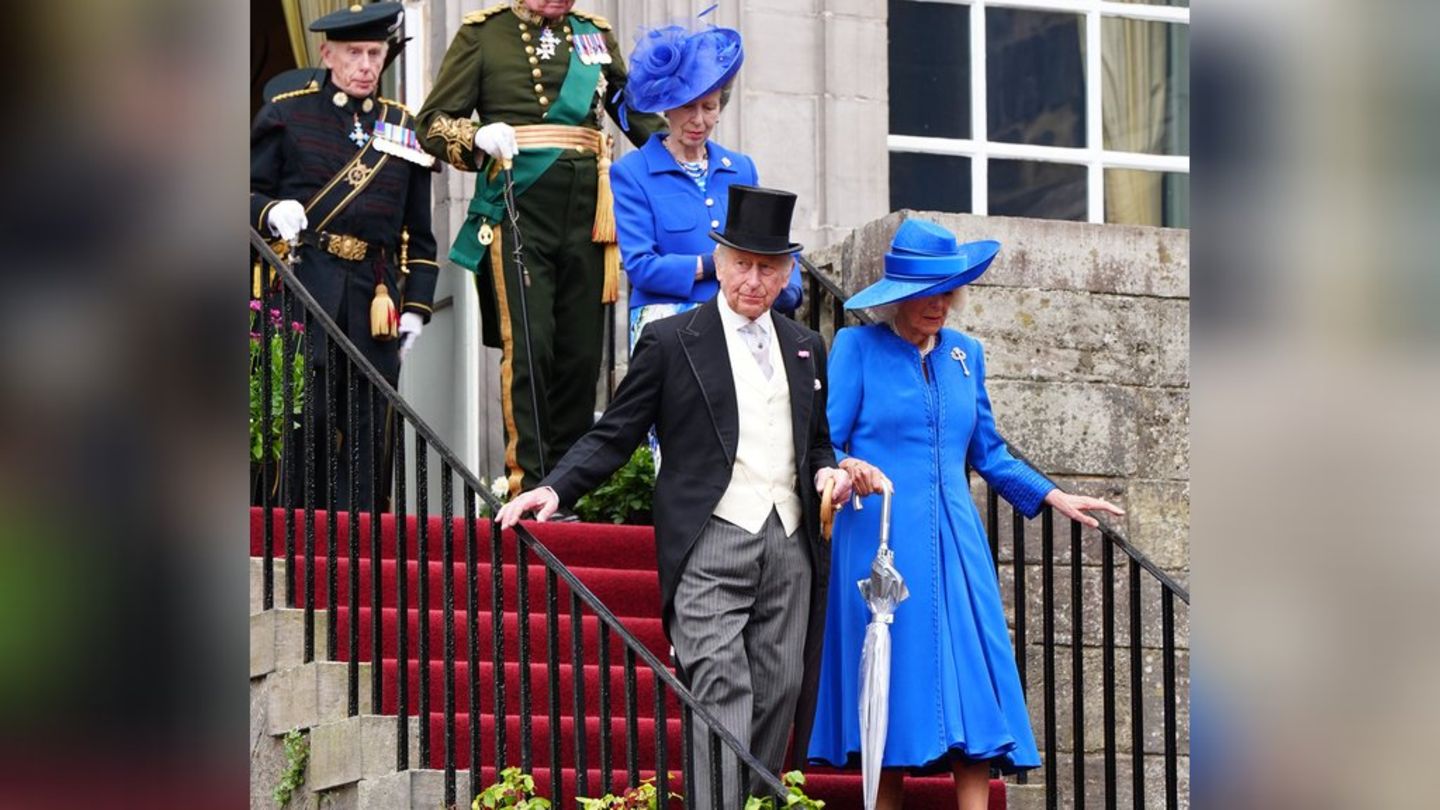Chancellor Scholz and British Prime Minister Sunak promise Ukraine ongoing help at their meeting in Berlin. But it also has certain limits.
Chancellor Olaf Scholz (SPD) does not want to let new promises of aid from the USA to Ukraine dissuade him from saying no to the delivery of the German Taurus rockets. As far as the Bundeswehr’s cruise missiles with a range of 500 kilometers are concerned, “my decision will not change,” said Scholz at a press conference with British Prime Minister Rishi Sunak in Berlin. Ukraine’s two most important European arms suppliers also promised not to let up in their help to the country attacked by Russia.
During Sunak’s belated inaugural visit to the Chancellery 18 months after his appointment as Prime Minister, the two heads of government also agreed on closer arms cooperation. The two countries want to develop a remote-controlled howitzer together that can fire 155-millimeter projectiles from a distance of 40 kilometers. Cooperation in the energy sector and in the fight against organized crime is also to be expanded.
Sunak announces “new chapter” in relations
“We are starting a new chapter in our relationship today, one that will make us safer and more prosperous,” Sunak said at the start of his visit. Britain and Germany stand side by side at this dangerous time for the world to maintain security and prosperity at home and across the European continent.
Further support for Ukraine was high on the agenda of the meeting. A few hours before Sunak’s arrival in Berlin, the US Congress gave the green light for new military aid worth 61 billion US dollars (57 billion euros) after months of hanging. The US may soon send ATACMS missiles with a range of 300 kilometers to Ukraine, which can be used to target Russian supply lines far behind the front.
Sunak, for his part, has just pledged the UK’s largest-ever military package for Ukraine. In addition to 60 combat boats and hundreds of armored vehicles, it also includes other Storm Shadow cruise missiles. The promises of American and British long-range missiles have also reignited the debate over the delivery of the German Taurus cruise missiles.
Scholz to Taurus: “My decision is very clear”
But Scholz doesn’t want to be deterred by this. “My decision is very clear as far as the one weapon system is concerned,” he said, referring to Taurus. “But my decision is also clear that we will continue to be Ukraine’s biggest supporter in Europe, that we will continue to be the two, along with Great Britain, that do the most.”
So far, Scholz has always oriented himself towards the USA when it comes to supplying weapons systems of new quality. This was the case with the provision of long-range artillery and also with the Leopard 2 tanks, which were only sent to Ukraine after the USA agreed to supply its Abrams tanks. Despite the US decision, Scholz is now sticking to his rejection of cruise missiles.
However, the Chancellor praised the US Congress’s decision for new aid to Ukraine as an encouraging and necessary signal. “This decision shows that (Russian President Vladimir) Putin is miscalculating if he believes that the states in Europe and the USA, all the other supporters, will abandon Ukraine at some point. We will not do that,” said Scholz. “Germany and Great Britain stand together on Ukraine’s side.”
Asylum policy: Can the British Rwanda model be a role model?
Although Great Britain has not been a member of the European Union for more than four years, it is still one of Germany’s most important allies in NATO, G7 and G20. Sunak faces a general election later this year. His Conservative Party is staggering towards a historic defeat. But he came to Berlin with a domestic political tailwind.
On Tuesday night, after a long dispute, Parliament approved Sunak’s controversial asylum pact with Rwanda: Asylum seekers who arrive in Great Britain without valid documents should in future be immediately deported to the East African country. They can apply for asylum there, but they are no longer allowed to go to Great Britain – regardless of their origin.
The British plans are also being followed with interest in Germany. The Union has long been pushing for asylum procedures to be relocated to countries outside the EU. The federal government has promised the states an examination. The first results should be presented by the next Prime Minister’s Conference on June 20th.
At the press conference with Sunak, Scholz did not want to comment on the question of whether the British model could be a role model for Germany. Instead, he referred to the measures that have already been adopted to curb irregular migration to Germany and Europe. Both in this and in the recruitment of skilled workers there have been “the most far-reaching changes of the last 20 to 30 years, and they will now have an impact”.
Source: Stern
I have been working in the news industry for over 6 years, first as a reporter and now as an editor. I have covered politics extensively, and my work has appeared in major newspapers and online news outlets around the world. In addition to my writing, I also contribute regularly to 24 Hours World.




